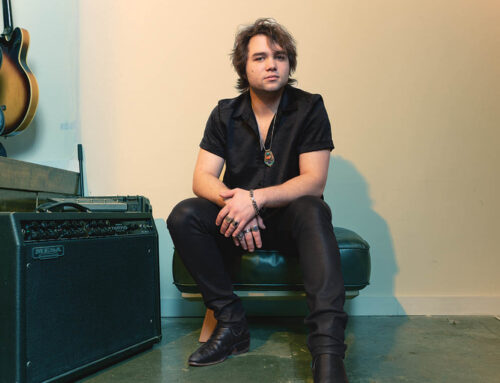“Dear Friends: You can stop praying now. In fact, as your pastor, I am asking you: Please stop praying. An extensive clinical study has concluded that praying for those you don’t know does them no earthly good. In fact, the researchers have concluded that prayer may do patients some harm. So drop those prayer lists immediately! Just back away slowly from those liturgies of intercessory prayer! At our church, prayers for others will cease until further notice.”
The paragraph above was written by Martin Copenhaver, who is the senior pastor of The Wellesley Congregational Church in Wellesley, Massachusetts. It was obviously written tongue-in-cheek, but he bases his message on a 2006 article in the New York Times that reported a scientific study of the effects of prayer. The article concluded, “Prayers offered by strangers had no effect on the recovery of people who were undergoing heart surgery, a large and long-awaited study has found. And patients who knew they were being prayed for had a higher rate of postoperative complications.”
Now that’s news, isn’t it? Maybe we should post a sign outside the church door saying “Warning: The prayers of these people may be hazardous to your health.” Perhaps, along with Copenhaver, we should be concerned.
Of course, I have some doubts about how scientific the study was, and I am not alone in that. Many have questioned its validity, including the authors themselves, who worried that “… being aware of the strangers’ prayers … may have caused some of the patients a kind of performance anxiety. It may have made them uncertain, wondering, ‘Am I so sick that they had to call in their prayer team?’” One hospital chaplain said, “God is not subject to scientific research.”
C.S. Lewis anticipated this sort of prayer study. “The trouble is that I do not see how any real prayer could go on under such conditions,” Lewis said. “Simply to say prayers is not to pray; otherwise a team of properly trained parrots would serve as well as men for our experiment.” He argued that this approach to prayer treats it “as if it were magic, or a machine — something that functions automatically.”
If Lewis is right, such attempts always end up trying to measure something more akin to magic than a real movement of God.
The real scandal of the study is not that the prayed-for group did worse, but that the not-prayed-for group received just as much, if not more, of God’s blessings. In other words, God seems to have granted favor without regard to either the quantity or even the quality of the prayers. God appears inclined to heal and bless as many people as possible.
Did God answer the prayers of the study’s official prayer teams? Yes. But more than that, God answered the prayers of the patients, of their friends and relatives, and perhaps even of those who may not have known they were praying.






